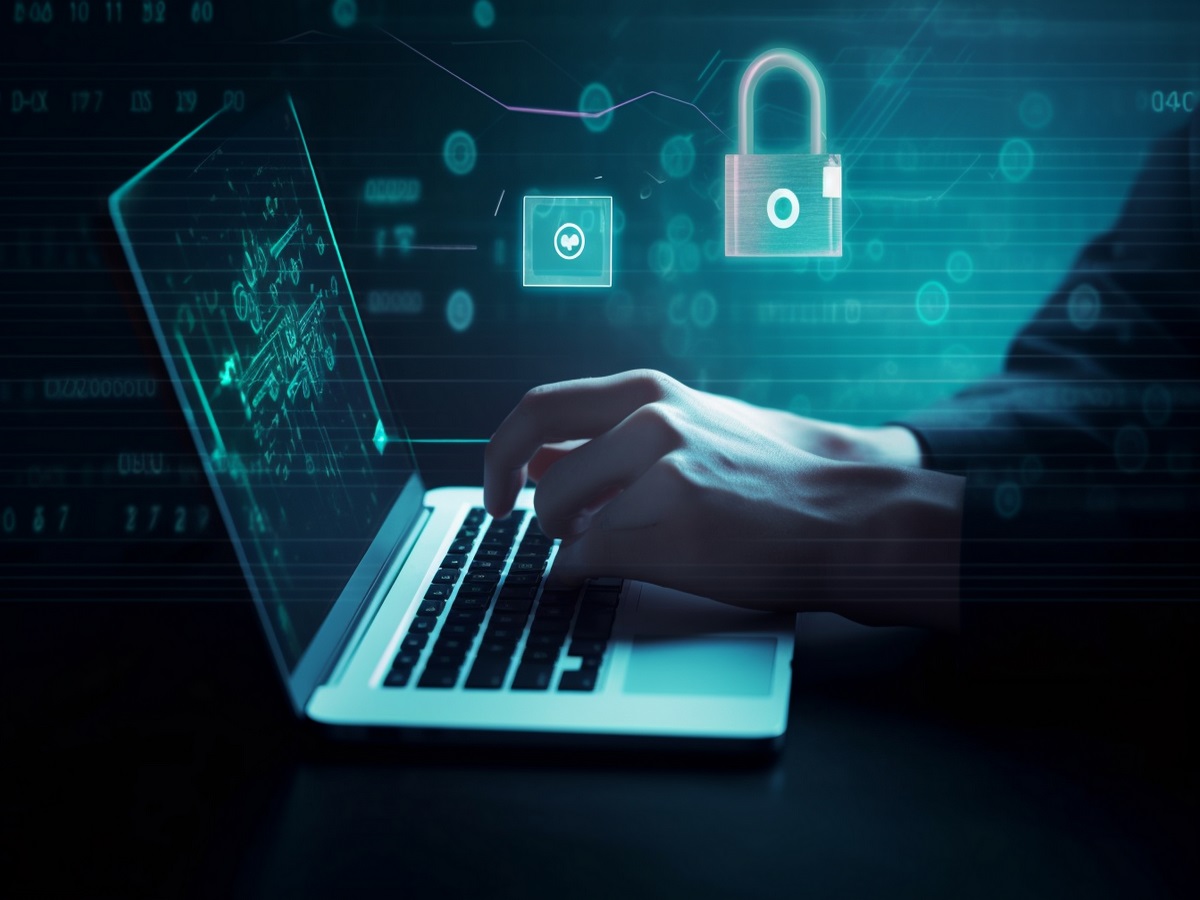In today's digital age, where the Internet plays an integral role in our personal and professional lives, ensuring robust Internet Security has become paramount. With the increasing prevalence of cyber threats and attacks, being well-informed about Cyber Security Awareness is no longer optional – it's a necessity. Let's delve into the world of internet security and explore the essential tips to enhance your cyber security awareness.
Understanding Internet Security
Internet Security encompasses a set of measures designed to protect your digital presence from unauthorized access, data breaches, and malicious activities. It involves safeguarding not only personal information but also sensitive business data. A robust internet security strategy includes layers of protection, such as firewalls, encryption, secure passwords, and regular software updates.

The Importance of Cyber Security Awareness
Cyber Security Awareness is the foundation of a secure online experience. It involves understanding the risks posed by cyber threats and learning how to mitigate them. By being aware of potential dangers and best practices, individuals and organizations can significantly reduce the likelihood of falling victim to cyber-attacks.
Key Tips for Enhancing Cyber Security Awareness
Strong Password Practices
Implementing strong and unique passwords for each online account is a fundamental step in cyber security. Use a combination of uppercase and lowercase letters, numbers, and special characters. Avoid using easily guessable information like birthdays or names.
Phishing Awareness
Be cautious of unsolicited emails, messages, or links. Cybercriminals often use phishing attacks to trick users into revealing sensitive information. Verify the sender's identity and never click on suspicious links.
Regular Software Updates
Keep your operating systems, applications, and antivirus software up to date. Updates often include patches for known vulnerabilities, ensuring that your devices are less susceptible to attacks.
Secure Wi-Fi Networks
Set strong passwords for your home and office Wi-Fi networks. Avoid using default passwords, as they are easier for hackers to crack. Additionally, consider using a virtual private network (VPN) when connecting to public Wi-Fi.
Data Backup
Regularly back up your important data to an external or cloud storage solution. In the event of a cyber-attack or data breach, having a recent backup can help you recover quickly without losing valuable information.
Social Media Privacy
Review and adjust your social media privacy settings to control who can see your posts and personal information. Avoid sharing sensitive details publicly, as cybercriminals often exploit such information.
Multi-Factor Authentication (MFA)
Enable MFA wherever possible. This adds an extra layer of security by requiring a second form of verification, such as a text message or fingerprint scan, in addition to your password.
Educational Resources
Stay informed about the latest cyber threats and trends by reading reputable cybersecurity blogs, attending webinars, and taking online courses. Knowledge is a powerful tool in the fight against cybercrime.
Conclusion
Pravin Chandan concludesEmbracing robust Internet Security practices and cultivating a strong sense of Cyber Security Awareness are crucial steps in protecting yourself and your digital assets from the ever-evolving landscape of cyber threats. By following these key tips and staying informed, you can navigate the online world with confidence and peace of mind. Remember, your online safety is in your hands.